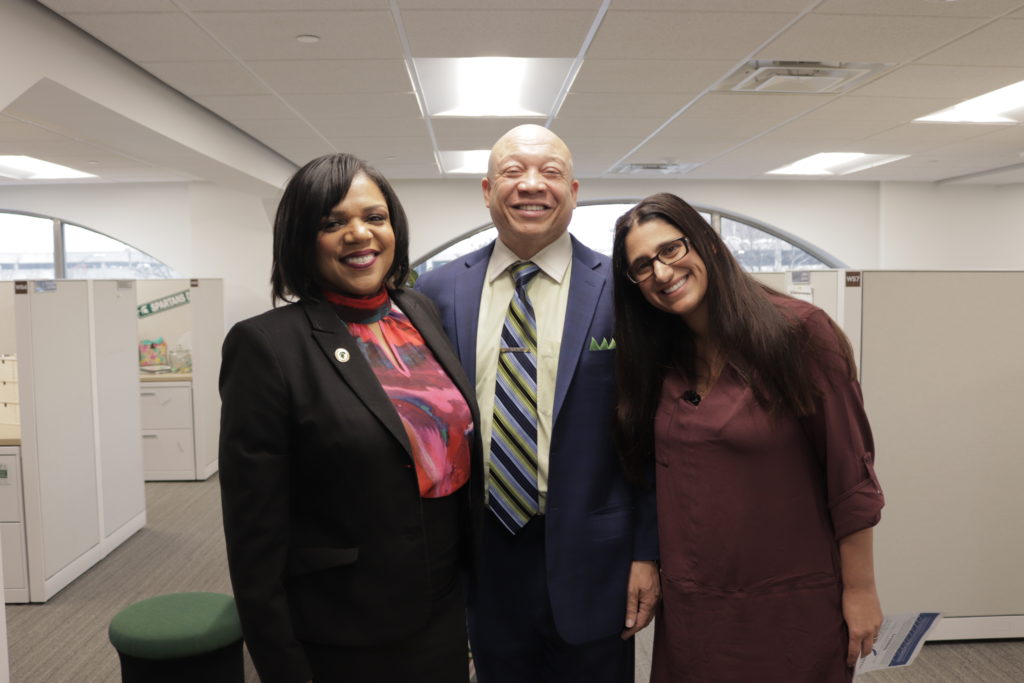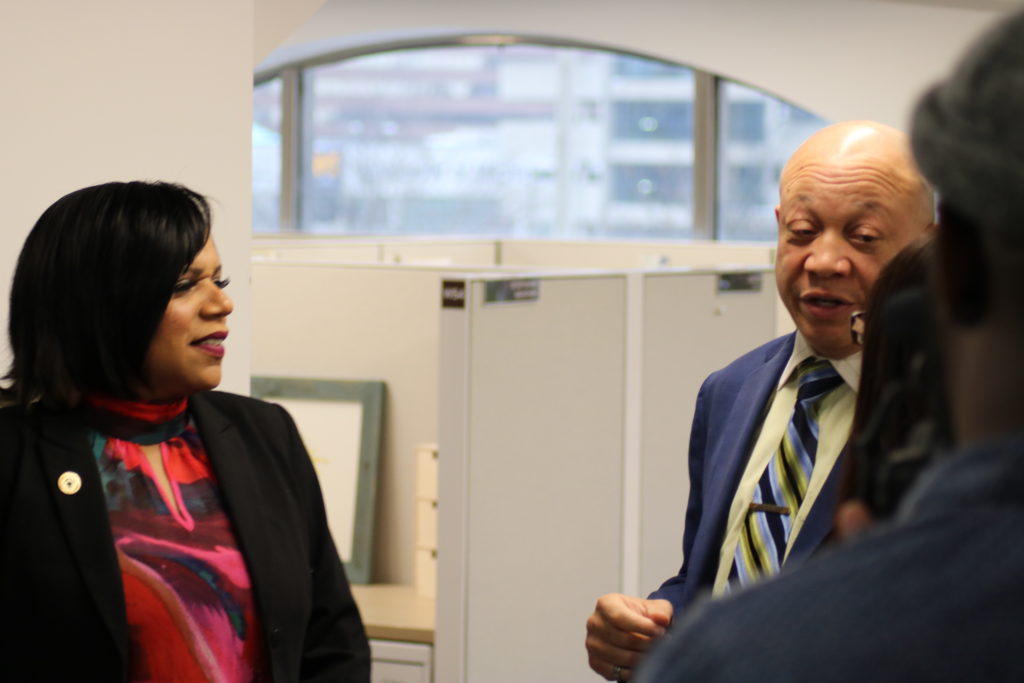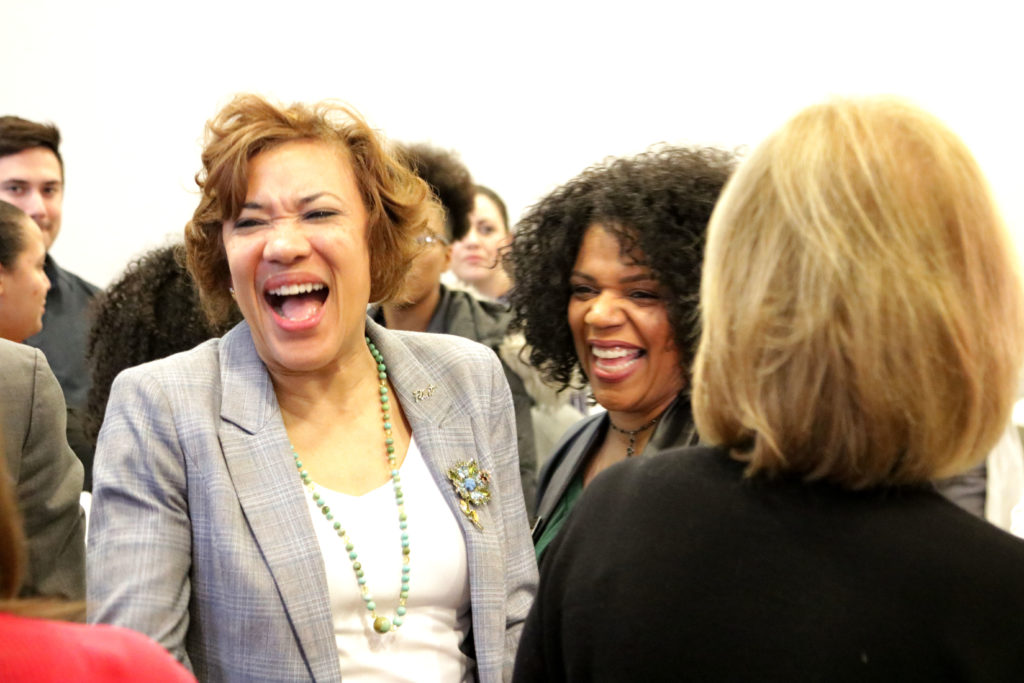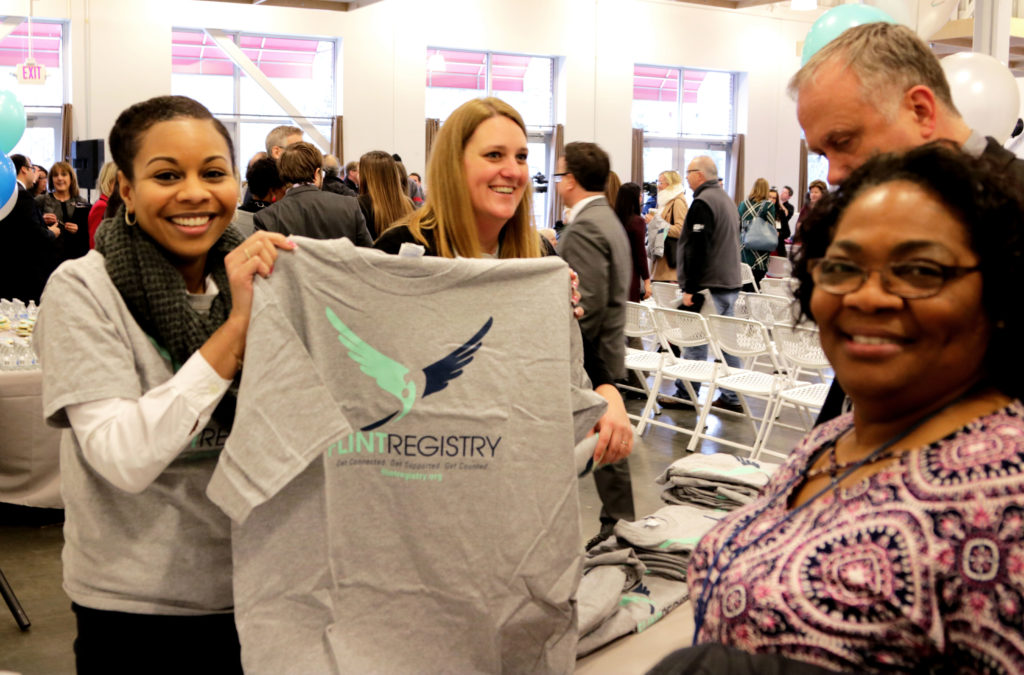The Flint Registry announces an increase in “Thank You” checks, in efforts to get more residents signed up as the new year approaches. The Flint Registry was created to support those impacted by the Flint Water Crisis. The “thank you” checks increase are for a limited time only and are increasing from $25 to $50 for December through January 2020. The increased ‘thank you’ checks are only valid for individuals who fully complete their Flint Registry enrollment between December 1, 2019, and January 31, 2020. The increased $50 “thank you” check is not eligible for previous enrollees who completed their survey before December 1. Checks may take up to 8-12 weeks to arrive in the mail.
Newly Elected Mayor Sheldon Neeley paid the Flint Registry a visit to learn more about the program. Mayor Neeley met with Dr. Mona Hanna-Attisha, Director of MSU-Hurley Children’s Pediatric Public Health Initiative. Dr. Mona, the whistleblower pediatrician who first drew attention to the city’s water crisis, at the launch of the Flint Registry in 2018.
Mayor Neeley also met with Dr. Debra Furr-Holden, Director of Division of Public Health and Associate Dean for Public Health Integration, and they discussed possibilities of future partnership and how the City of Flint could better serve its community. Dr. Furr-Holden and the Division of Public Health faculty have led major research initiatives and partnerships in the city of Flint to promote healthy equity and improve public health. Since 2015, the Division of Public Health has generated over $63 million in external funding and employs almost 120 full-time Flint residents.
To sign up for the registry you can visit www.flintregistry.org or email FlintRegistry@hc.msu.edu, or call (833) GO-FLINT.














